The sunny beaches in Santa Barbara are a stark change from the Death Valley’s hot deserts, and for incoming UCSB first year Autumn Smith, it’s the perfect change of scenery.
Smith has lived in Death Valley in the mining town of Ryan since she was 4 years old and now at 17, she has completed her high school education online through California Online Public High Schools (CalOPS).
The nearest brick-and-mortar (traditionally built) high school is about two hours from where Smith lives, making transportation difficult. On top of that, she has been working as an environmental technician for the Timbisha Shoshone Tribe, the indigenous people of Death Valley, to help them to monitor their water and air quality. Smith’s work consists of conducting chemistry readings on water wells and logging data to ensure the water is safe for drinking.
The flexible nature of CalOPS meant Smith could find a balance between attending classes and work. At the same time, this meant building stronger skills in managing her time to ensure that she was on top of her studies, while also dedicating enough time to her work as an environmental technician.

“I wasn’t in the classroom all the time and had to learn to manage my own time,” Smith said. Her high school journey consisted of live lessons, watching recorded lectures, and regularly attending office hours. CalOPS also offers a variety of courses to take, including a number of AP classes that often are on par or exceed the number of AP courses offered by other public online high schools. Smith jumped at the opportunity to take as many as she could, including AP Biology, Calculus AB and BC, and AP U.S. History. The classes helped to fulfill her high school general education requirements but also allowed her to challenge herself further.
The independence proved to be challenging at times, especially when her education was entirely online. A virtual setting inevitably meant receiving much less assistance than someone who was attending a brick-and-mortar high school. Though there are office hours and live lessons, there were still moments where meetings were canceled and it fell upon her to ensure that she was stepping up to learn and prepare herself.
Finding a testing location for AP classes also proved to be a challenge. Given that the nearest schools were almost two hours away, taking a test was a big investment that included AP test fees, travel time, gas money, and even finding a place to stay. On top of that, Smith noted that she had anxiety not just over the test, but also being in an unfamiliar environment to take an important test.
But her latest challenge: choosing where to attend university. Choosing between UCLA and UCSB, Smith explained that it was a very tough decision. Her mother had attended UCLA, and family trips familiarized her with the campus. However, a visit to UCSB quickly changed her mind.

“I’m someone who comes from a very rural community and the open space of UCSB was very welcoming to me,” she explained. “And living by the beach is not an opportunity to pass up.”
Smith will be majoring in biology at UCSB with assistance from a $16,000 scholarship she was awarded from the Death Valley 49ers Association. The scholarship program provides four-year academic scholarships to eligible students in the Death Valley region, with only one $16,000 scholarship offered each year.
To Smith, public outreach and active engagement in the community has always been a large part of her life. Her parents’ work with the Death Valley Conservancy helped to introduce her to her volunteer work. Her experience growing up in such a rural area, alongside volunteering and then working with the Timbisha Shoshone Tribe meant she was getting a firsthand account of the importance of environmental conservation.
Smith first got involved through volunteering. “I always really liked getting to know people and asking, ‘What can I do to make my home a better place?’” Because she was living in such a rural place, it was difficult for everyone to communicate. Thus she started volunteering to work with the tribe and increasingly enjoyed the opportunity to socialize and know that she was making an impact, especially with such a precious resource such as water.
“You’re able to see the real life impacts. It makes you appreciate and understand it a lot more,” Smith explained her interest in studying biology. “You can’t use the argument ‘When am I going to use this in real life,’ when it’s happening right in front of you.” Majoring in biology corresponds closely with Smith’s work in biochemistry, examining what is in the water and how it affects the ecosystem.
Though Smith’s journey to UCSB is only about to begin, she’s excited to arrive at the campus and explore all that it has to offer, especially the opportunity to make new friends and take more in-person classes. She’s looking forward to having more support and being in a physical classroom with her peers, and of course, the beach!
“It’s amazing,” Smith added, “that through the help of CalOPS, I can attend one of the best schools in the country. It’s made all the high school challenges worth it.”
Premier Events
Fri, Jan 09
5:30 PM
Santa Barbara
Intention Setting & Candle Making Workshop
Sun, Jan 11
3:00 PM
Santa Barbara
Mega Babka Bake
Fri, Jan 23
5:00 PM
Santa Barbara
Divine I Am Retreat
Tue, Jan 06
7:00 PM
Santa Barbara
Amazonia Untamed: Birds & Biodiversity
Wed, Jan 07
7:30 PM
Santa Barbara
SBAcoustic Presents the John Jorgenson Quintet
Thu, Jan 08
5:30 PM
Santa Barbara
Blueprints of Tomorrow (2026)
Thu, Jan 08
6:00 PM
Isla Vista
Legal Literacy for the Community
Thu, Jan 08
7:30 PM
Santa Barbara
Music Academy: Lark, Roman & Meyer Trio
Fri, Jan 09
8:00 AM
Santa Barbara
Herman’s Hermits’ Peter Noone: A Benefit Concert for Notes For Notes
Fri, Jan 09
6:00 PM
Santa Barbara
Ancestral Materials & Modernism
Fri, Jan 09
6:00 PM
Montecito
Raising Our Light – 1/9 Debris Flow Remembrance
Fri, Jan 09
7:00 PM
Santa Barbara
Barrel Room Sessions ~ Will Breman 1.9.26
Sat, Jan 10
9:00 AM
Santa Barbara
Rose Pruning Day | Mission Historical Park
Fri, Jan 09 5:30 PM
Santa Barbara
Intention Setting & Candle Making Workshop
Sun, Jan 11 3:00 PM
Santa Barbara
Mega Babka Bake
Fri, Jan 23 5:00 PM
Santa Barbara
Divine I Am Retreat
Tue, Jan 06 7:00 PM
Santa Barbara
Amazonia Untamed: Birds & Biodiversity
Wed, Jan 07 7:30 PM
Santa Barbara
SBAcoustic Presents the John Jorgenson Quintet
Thu, Jan 08 5:30 PM
Santa Barbara
Blueprints of Tomorrow (2026)
Thu, Jan 08 6:00 PM
Isla Vista
Legal Literacy for the Community
Thu, Jan 08 7:30 PM
Santa Barbara
Music Academy: Lark, Roman & Meyer Trio
Fri, Jan 09 8:00 AM
Santa Barbara
Herman’s Hermits’ Peter Noone: A Benefit Concert for Notes For Notes
Fri, Jan 09 6:00 PM
Santa Barbara
Ancestral Materials & Modernism
Fri, Jan 09 6:00 PM
Montecito
Raising Our Light – 1/9 Debris Flow Remembrance
Fri, Jan 09 7:00 PM
Santa Barbara
Barrel Room Sessions ~ Will Breman 1.9.26
Sat, Jan 10 9:00 AM
Santa Barbara

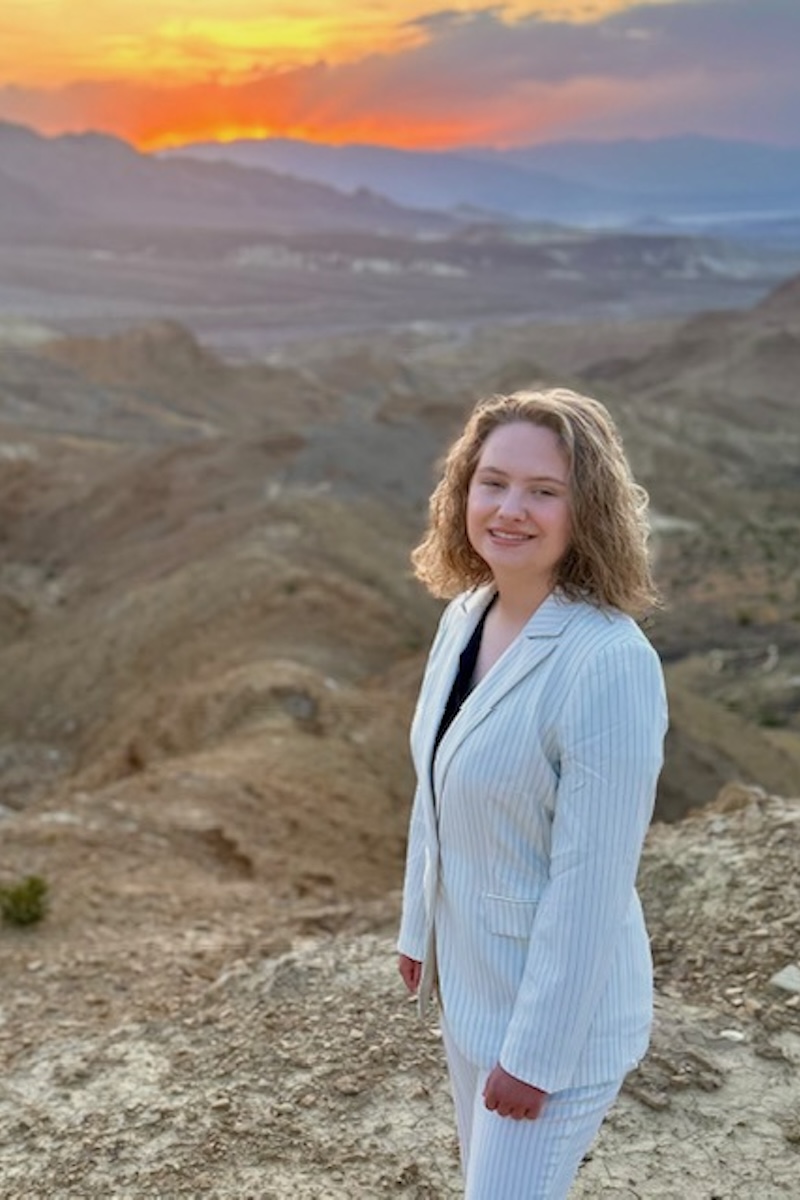
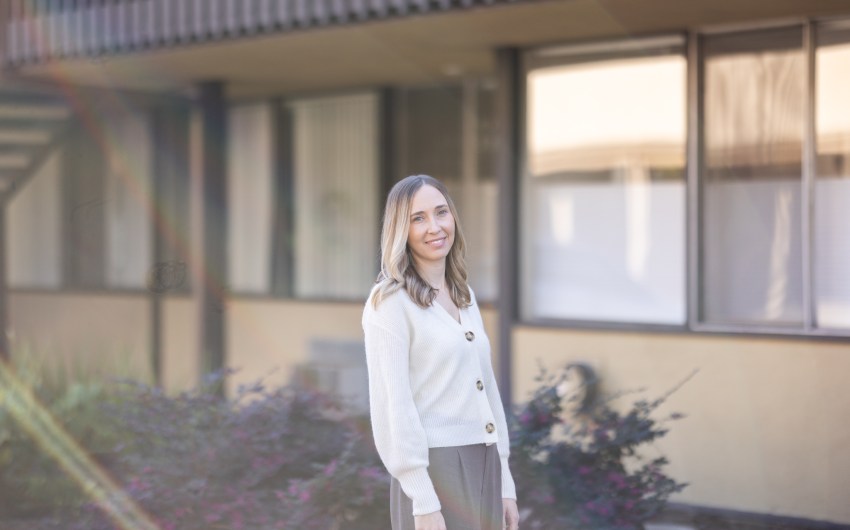
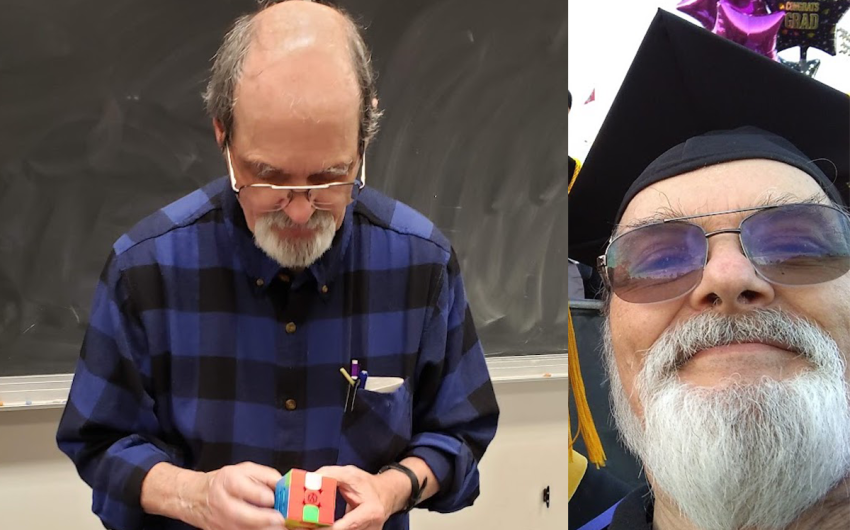
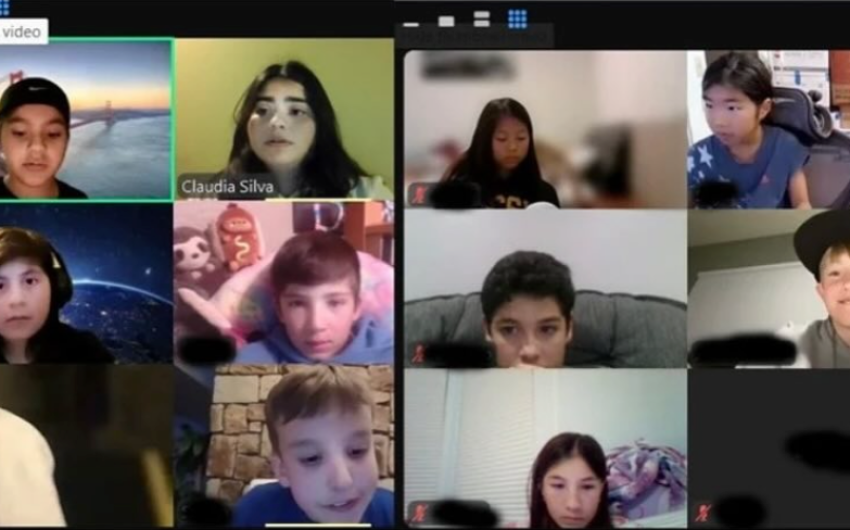
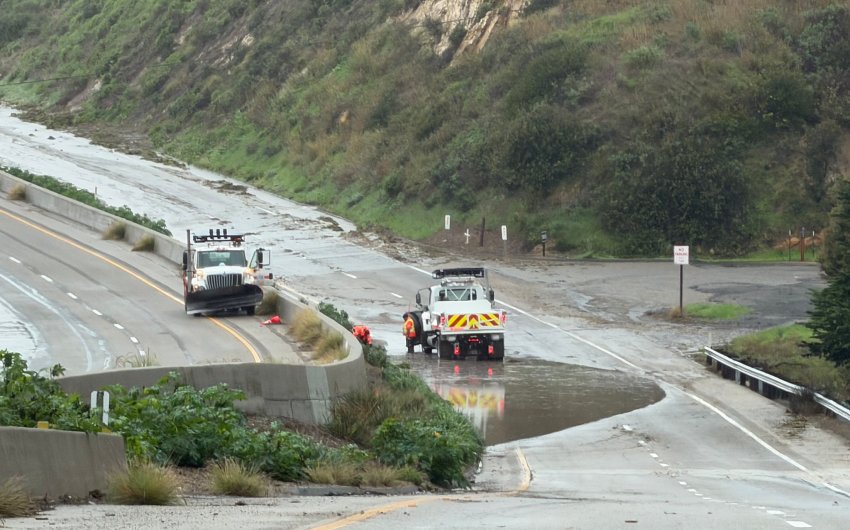
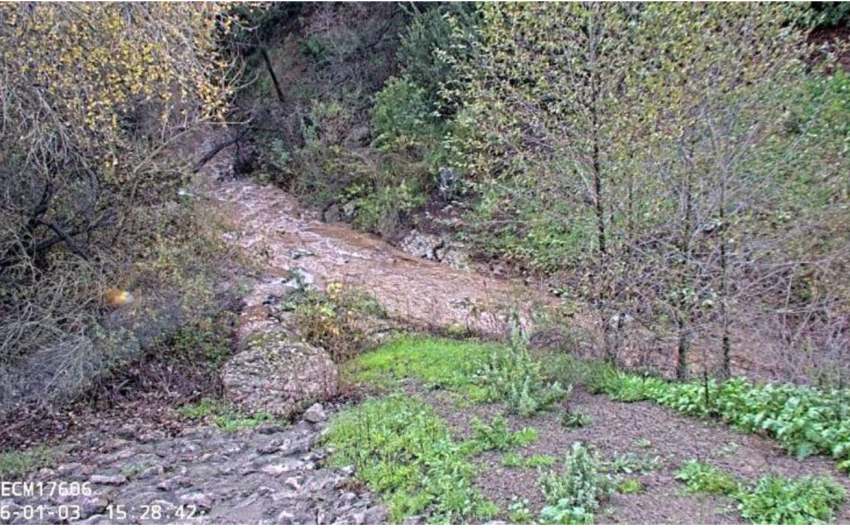
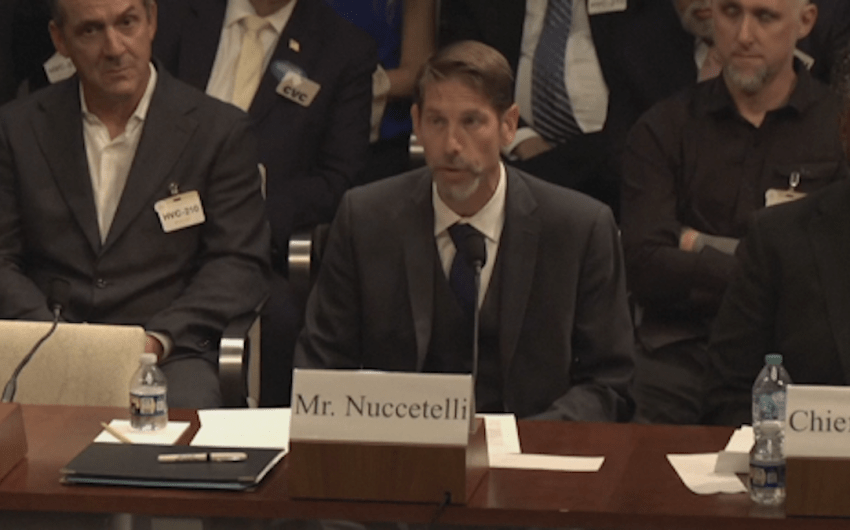
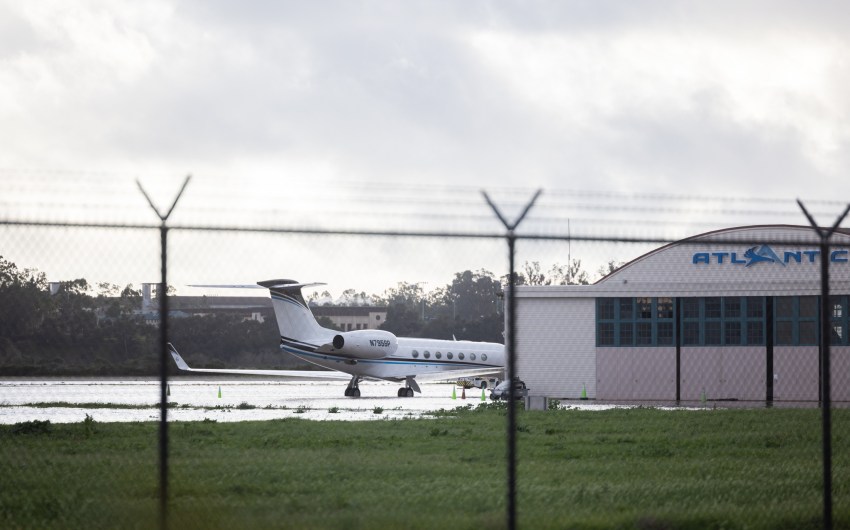
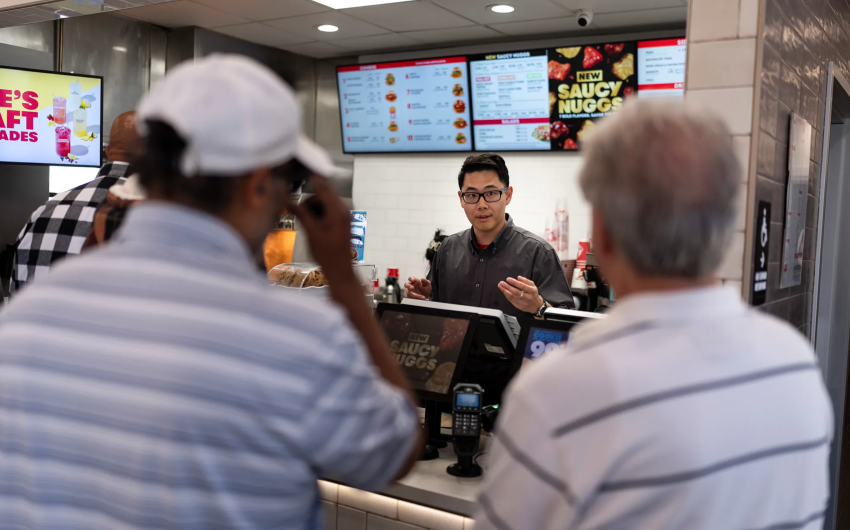
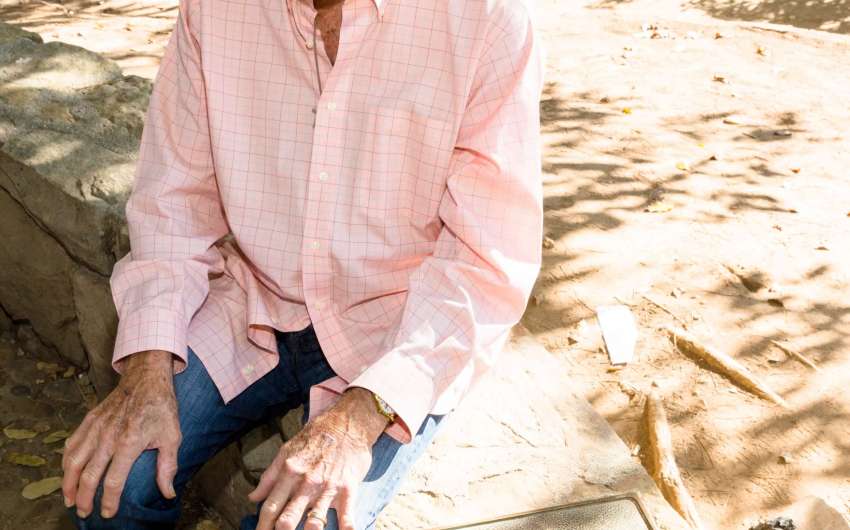
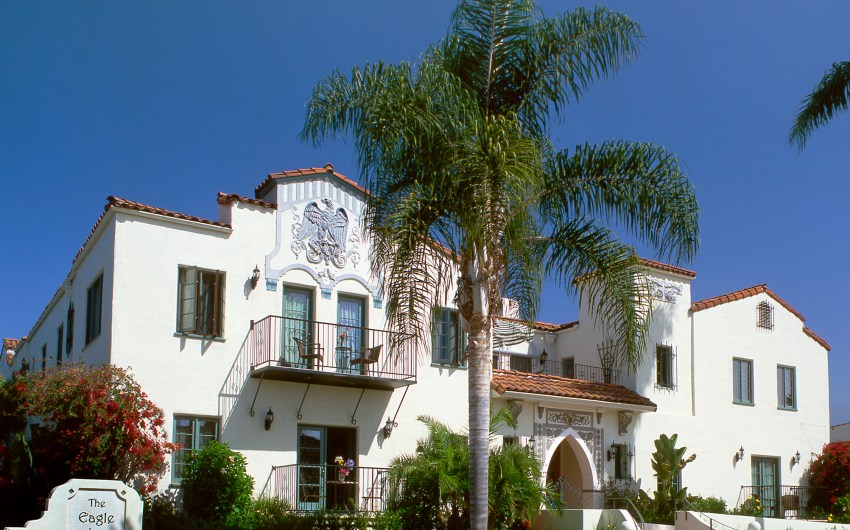

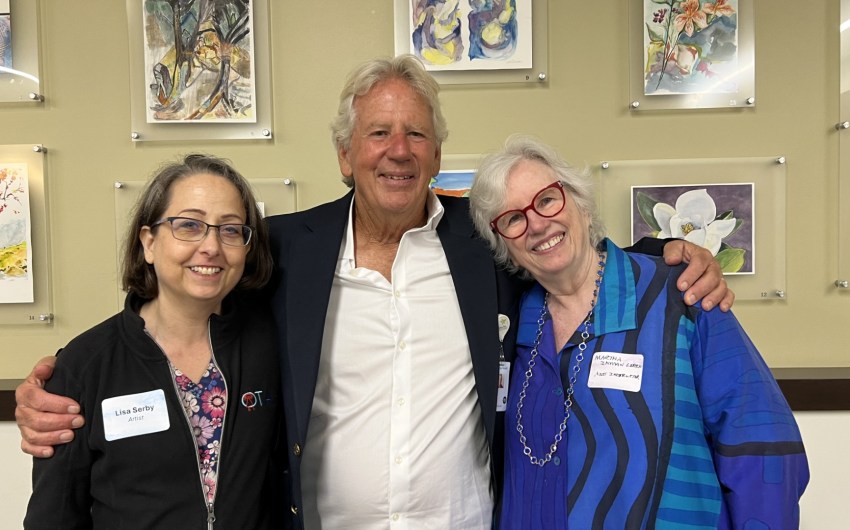


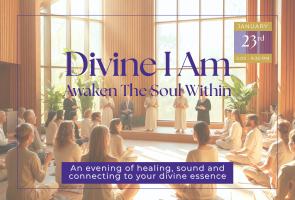
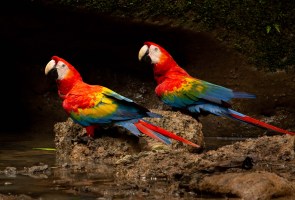



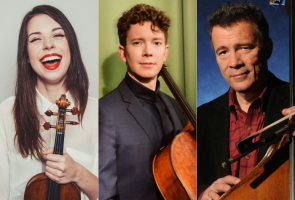

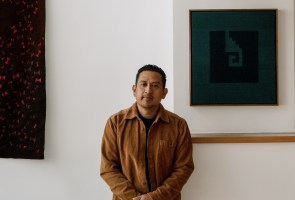

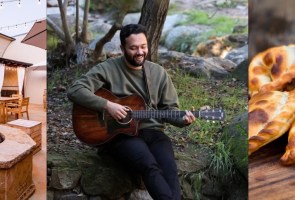
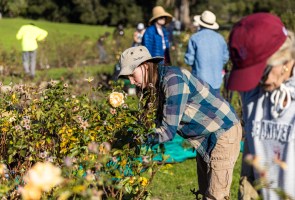
You must be logged in to post a comment.